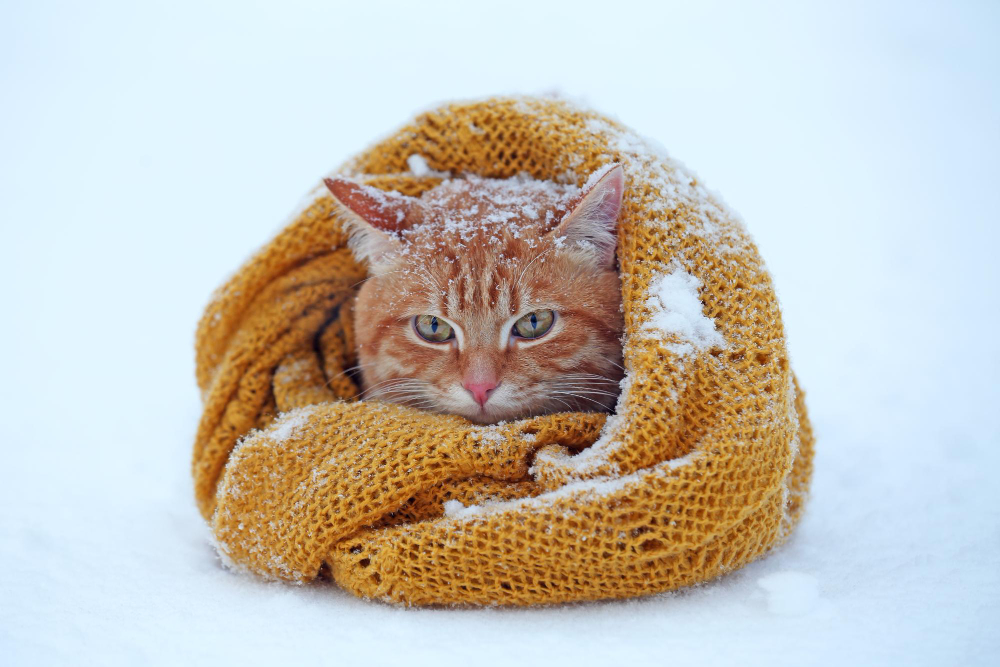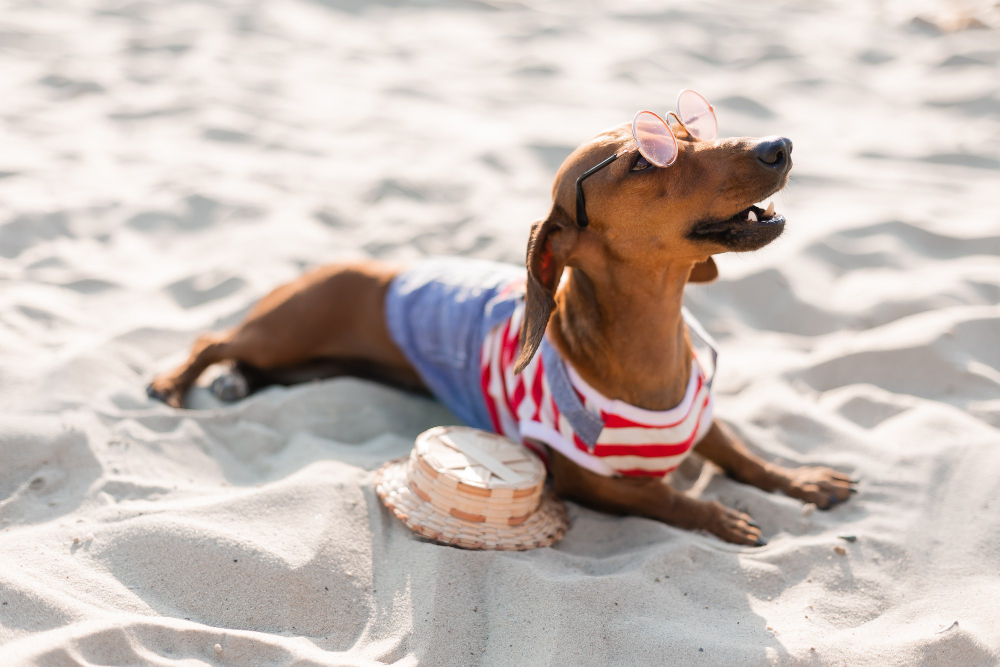Ever watched a squirrel scurry through snow or a dog sunbathe in the heat and wondered – how do animals handle extreme temperatures so well? While humans rely on sweaters and air conditioners, animals have evolved incredible adaptations that help them survive the heat of summer and the chill of winter. Let’s uncover the secrets behind their comfort and share tips on how pet owners can support their furry friends year-round.
Nature's Built-in Thermostat
1. Fur Power: Animals have coats that adapt to the seasons. In winter, many animals grow a thicker undercoat that traps warm air close to their skin. Come summer, they shed that coat to keep cool—nature’s version of swapping your winter jacket for a T-shirt.
2. Skin and Fat Layers: Some animals, like seals or huskies, have thick layers of fat (blubber or subcutaneous fat) that insulate their organs during the cold months. It’s like wearing a built-in thermal vest!
3. Behavioral Smarts: Wild and domestic animals change their activity patterns depending on the temperature. Dogs may dig holes in cool soil during summer or curl up in tight balls during winter to retain body heat. Cats may stretch out to release heat or sunbathe strategically when it’s cold.
4. Sweat Less, Pant More: Most animals don’t sweat like humans. Dogs, for instance, pant to regulate their body temperature. Their tongues evaporate heat through moisture, while cats groom themselves, spreading saliva that cools their body as it evaporates.
What About Our Pets?

While wild animals are pros at self-regulation, our beloved pets rely on us, especially during extreme weather.
Summer Tips:
- Hydration is key. Always provide fresh water.
- Shade over sun. Avoid walking dogs during peak heat hours.
- Cool treats and toys can make a big difference—think frozen broth cubes or a cool mat.
- Natural supplements with calming herbs like chamomile or cooling agents can help anxious pets during hot months.
Winter Tips:
- Keep them dry. A wet coat loses its insulating power fast.
- Protect the paws. Use balm or booties—snow and road salt can damage pads.
- Support immunity with natural multivitamin supplements, which are harder to synthesize in winter sunlight.
Conclusion
Animals are survivors, but your pet isn’t just an animal. They’re a family member. While nature has given them tools to handle the seasons, your care completes the picture. Watch their behavior, adjust their routine, and consider natural support to keep them happy in every season.
